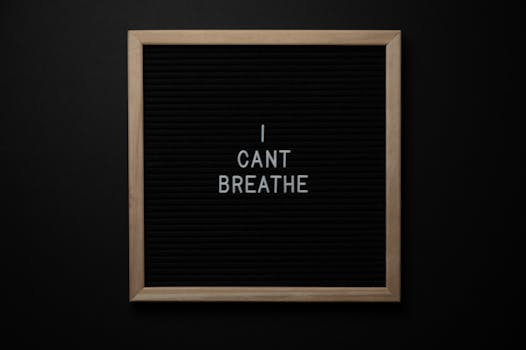Boost Your Mood: How Exercise Can Help Manage Anxiety and Depression
Takeaways: Exercise isn’t just about physical health; it’s a powerful tool for mental well-being. Through personal stories and science-backed insights, we’ll explore how moving your body can help reduce anxiety and depression symptoms. Plus, we’ll share simple tips to get started!
Hey there! If you’ve ever felt like the weight of the world is on your shoulders, you’re not alone. Anxiety and depression can sneak up on anyone, but what if I told you that something as simple as moving your body could help lift that weight? That’s right; exercise is a fantastic mood booster! In this blog post, we’ll dive into how exercising can help manage anxiety and depression, sharing relatable stories and practical advice along the way.
The Science Behind Exercise and Mental Health
Let’s start with the science, shall we? When you exercise, your body releases a cocktail of chemicals that are nature’s mood enhancers. We’re talking about endorphins, serotonin, and dopamine – all those feel-good hormones! I remember the first time I went for a jog after a tough week. I was surprised at how much lighter I felt afterward. It was like a fog had lifted. That’s because exercise increases blood flow to the brain, which can help improve your mood and reduce feelings of anxiety and depression.
Studies have shown that regular physical activity can be as effective as medication for some people dealing with anxiety and depression. Who knew that a brisk walk or a dance party in your living room could do so much? The American Psychological Association highlights that even short bursts of exercise can significantly boost your mood. It’s like hitting the refresh button on your mind!
Personal Anecdotes: My Journey with Anxiety and Exercise

Gradually, I discovered what I loved – yoga and hiking. Yoga taught me how to breathe and relax, while hiking in nature brought me peace and perspective. I noticed that on days when I exercised, I felt a noticeable difference in my mood. It wasn’t just about losing weight or getting fit; it was about feeling empowered and in control. I began to crave that post-workout high, and my anxiety levels started to drop.
Practical Tips to Incorporate Exercise into Your Routine
Now, you might be wondering, “How can I get started?” Here are some practical tips that worked for me and might just work for you too:
- Start small: You don’t have to run a marathon right away. Begin with short walks or a few minutes of stretching each day. Celebrate those small victories!
- Find what you love: Experiment with different activities. Whether it’s dancing, swimming, or cycling, there’s something out there for everyone.
- Set a routine: Try to exercise at the same time each day. This helps to create a habit, making it easier to stick with it.
- Buddy up: Grab a friend or join a group. Exercising with others can make it more fun and keep you motivated.
- Listen to your body: It’s essential to pay attention to how you feel. If you’re exhausted, it’s okay to take a break. Exercise should be an enjoyable experience, not a punishment!
Remember, the journey is just as important as the destination. Don’t rush it; enjoy the process of discovery!
FAQs
1. How often should I exercise for mental health benefits?

2. What types of exercise are best for anxiety and depression?
Any form of exercise can help! However, activities that combine movement with mindfulness, like yoga or tai chi, can be particularly beneficial for reducing anxiety.
3. Can I see results quickly?
Some people experience mood improvements almost immediately after exercising, but building a consistent routine is key for long-term benefits.
4. What if I don’t enjoy traditional exercise?
That’s totally okay! Find activities that you enjoy, whether it’s gardening, playing a sport, or dancing around your living room. The important thing is to get moving!
5. Is it okay to exercise when I’m feeling really down?
Yes, but listen to your body. Sometimes a gentle walk or light stretching can be more beneficial than intense workouts when you’re not feeling your best.






